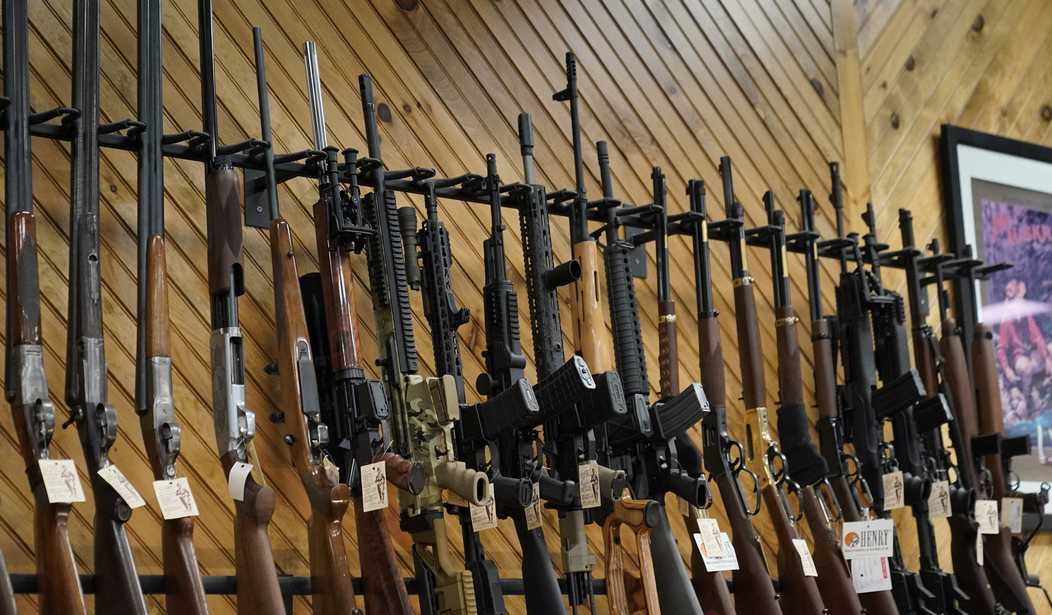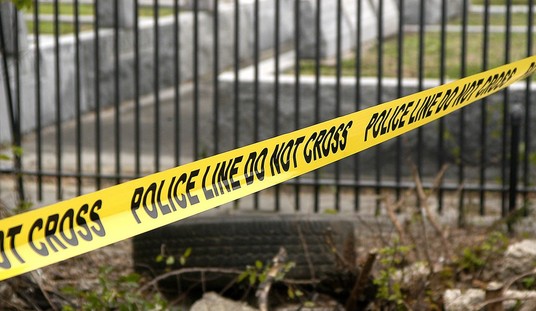One of the more frustrating things I see regularly is how many supposed news organizations seemly rely on "experts" that present only one side of the gun debate, and a recent admission by a major newspaper admits to why that's the case.
Seriously, these so-called experts either come from academia--which, in a perfect world would be acceptable, but we don't live in a perfect world so all of these are notoriously anti-gun--or they work for gun control groups.
Rarely do you see an expert who works for the NRA, Gun Owners of America, The Second Amendment Foundation, the Firearms Policy Coalition, or any other pro-gun group.
Yet my colleague Chris Queen over at PJ Media picked up on something interesting out of the Dallas Morning News.
When a media outlet recognizes its leftward bias, it’s shocking, but it can be refreshing, especially if it prompts change. A recent op-ed in the Dallas Morning News is encouraging and should give us some hope. Public editor Stephen Buckley bravely admitted that his newspaper isn’t living up to its promise of fair coverage.
“Here is my take: Having read The News cover-to-cover every day for the past few months, I know that our reporters do get all sides of the story,” Buckley writes. “They just don’t do it consistently, which isn’t good enough.” Dang.
Buckley admits that the paper’s political coverage is where the lack of balance shows up the most. He writes that he doesn’t think the reporters are doing this on purpose, but he acknowledges that seeking sources is where reporters’ biases often show up the most.
Buckley elaborates:
In particular, conservative voices are frequently missing. No doubt conservatives — including some politicians and activists — are at times to blame, as they don’t want to be quoted in The News. They see cooperation with us as a stain on their street cred.
Conservatives who don’t want to talk to us often turn to social media and right-leaning media personalities and outlets instead. They don’t ignore only our journalists; they ignore all mainstream reporters.
They may not need us, but we need them. Maybe that’s why, in conversations over the past couple of weeks, I sensed a sobriety about this issue on the part of reporters and editors. They know this is not our sources’ problem. It is ours.
Buckley sees the cycle that the suspicions of bias leading to conservatives’ reluctance to speak to the press perpetuates.
“When conservative readers don’t see their points of view in our pages, their mistrust of The News deepens, and they are even more reluctant to talk when our reporters call,” he writes. “So then their perspective goes missing again, and the bitter cycle of mistrust whirls on. You get the picture.”
And, frankly, Buckley is correct here, particularly when that lens is applied to the gun debate.
As I noted above, reporters almost universally trust anti-gunners as experts. They cite Gun Violence Archive numbers despite the multitude of problems with how the database works. They routinely present studies and experts from groups like Everytown and Giffords as if they're just unbiased experts going where the evidence leads.
Then they don't even seem to bother to reach out to the National Shooting Sports Foundation or a specific gun rights group to get a counterpoint.
If they get the other side, it's often someone local who may or may not have a firm handle on the debate. I personally think they prefer it if the person in question doesn't.
The public has little trust left in the media, and why would they? In addition to this, we had the whole Hunter Biden laptop debacle, where the media outright called it a non-story, saying it wasn't real or important, only for everyone to now know that yes, it was real, it was important, and there's absolutely no reason why it shouldn't have been discussed in 2020.
Now, Buckley notes that many of the reporters are claiming that people on the right won't talk to them, but I also know how newsrooms work. The editors just ask if you spoke to someone from X. It's not like they follow up to verify that fact. How hard would it be to just skip calling the NRA or GOA? How difficult would it be to just send an email five minutes before your deadline, then claim they hadn't "immediately responded" to you?
Buckley isn't trying to give the newsroom slack on this, mind you, but I think he's also assuming that everyone is being honest when they say folks wouldn't talk to them. I'm not as sure as he is.







